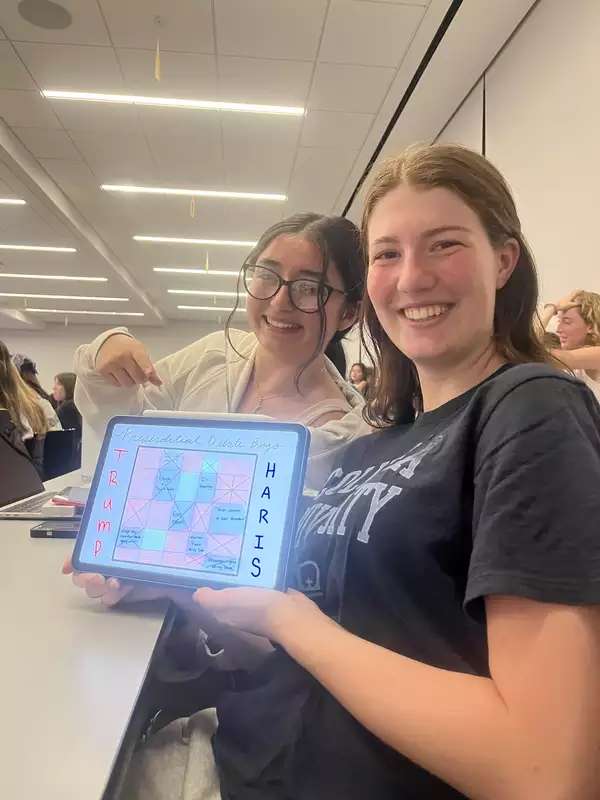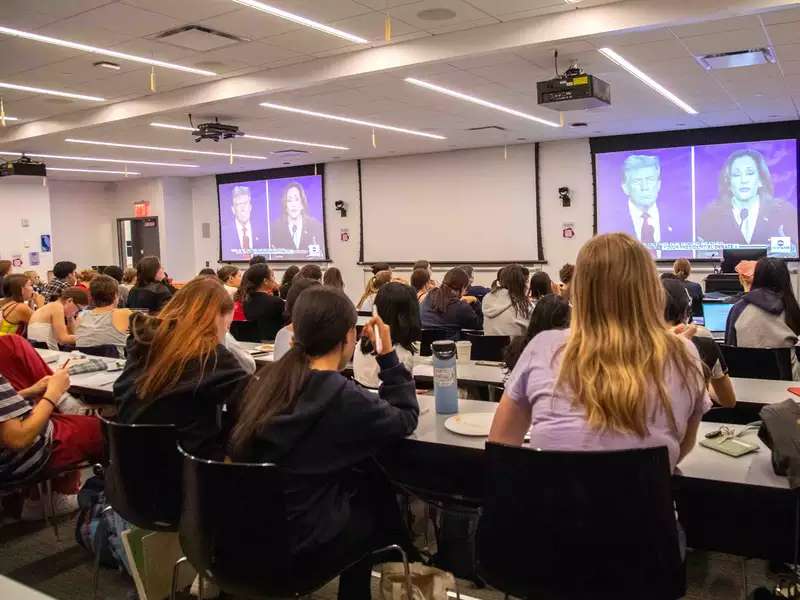Political science professor Severine Autesserre contributed a guest post for The Washington Post’s “Monkey Cage” blog about peacebuilding initiatives in Africa, and the ways that intervening organizations operate on the ground in conflict zones. She argues that in order to truly help people affected by violence in places like the Central African Republic or Libya, it is first essential to understand why intervening entities continue to work in ineffective ways. An excerpt:
“[I]f we want to understand what influences the effectiveness and ineffectiveness of international peacebuilding, and how outsiders can best accompany to ongoing peace processes, we need to look at the everyday dimensions of peace interventions on the ground. Macro-level diplomatic engagement, national peace agreements, and improved government institutions are not the only determinants of peacebuilding effectiveness. It is by looking at daily practices, habits, and narratives that we can understand why interveners keep reproducing modes of operation that they know are ineffective and at times counterproductive.”
Read the full post.
In addition, Prof. Autesserre’s recently-published book Peaceland: Conflict Resolution and the Everyday Politics of International Intervention is the first feature in the “Monkey Cage” African Politics Summer Reading Spectacular. Read about the series.
Prof. Autesserre joined Barnard’s faculty in 2007. Her research focuses on African politics, international relations, peacekeeping and peacebuilding, and the politics of humanitarian and development aid. Peaceland, her most recent book, was published in April; her previous book, The Trouble with the Congo: Local Violence and the Failure of International Peacebuilding, received the 2012 Grawemeyer Award for Ideas Improving World Order.


